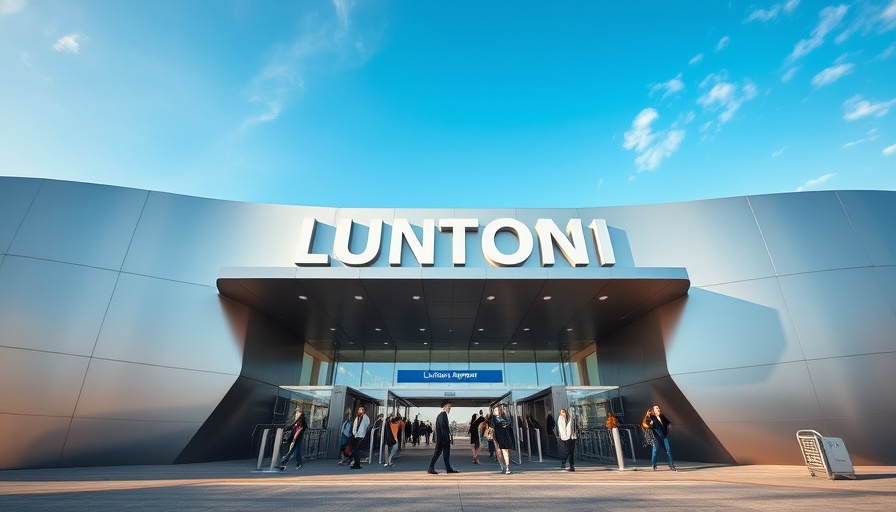
Streamlining Infrastructure Consent: What It Means for You
The UK government is reaching out for public input on how to expedite the consent process for major infrastructure projects through a new consultation paper. Housing & planning minister Matthew Pennycook urges homeowners and stakeholders to share their thoughts on potential reforms that could lead to quicker approvals and happier communities.
The consultation, managed by the Ministry of Housing, Communities and Government, stems from ongoing frustrations regarding delays in the Development Consent Order (DCO) process. Aimed primarily at nationally significant infrastructure projects (NSIPs), it seeks to refine existing protocols and guidance to eliminate unnecessary hold-ups in consent.
Before 2008, the approval process for big projects often took years due to lengthy planning inquiries, but the Planning Act of that year initiated a more streamlined approach. This shift introduced the Planning Inspectorate, allowing for quicker examination followed by ministerial sign-off. Unfortunately, despite these advancements, delays remain, often linked to political pressures and ministerial hesitations.
Understanding the Proposed Changes
The new proposals encompass a range of innovative adjustments designed to make the process more efficient. Characterized by a focus on clarity and constructive engagement, these changes could significantly impact how projects are navigated by stakeholders, including homeowners interested in local improvements.
Specific changes suggested include:
- New guidance for engagement that respects public input while expediting the process, especially regarding onshore wind projects.
- Improvements to the functionality of the Planning Inspectorate’s pre-application and fast-track services, tailored to prioritize high-impact projects.
- Streamlined regulations governing the examination of applications, which might reduce the burden on local communities who often participate in lengthy discussions.
Why This Matters to Young Homeowners
As a young homeowner in London, your living environment directly reflects and influences your quality of life. The proposed changes to the infrastructure consent process highlight the importance of community input at every level of decision-making.
Enabling faster approvals for infrastructure projects can lead to the development of green spaces, improved transportation networks, and enhanced community facilities that not only benefit homeowners today but also future generations.
Moreover, the emphasis on sustainability aligns with increasing consumer demand for eco-friendly living. Real estate in eco-conscious neighborhoods is soaring in popularity, particularly among younger buyers—making the input on these reforms critically relevant.
Community Connection: Stakeholder Engagement
Engaging in this consultation is an opportunity for you to voice any concerns or suggestions regarding how developments might come to affect your community. By participating, you contribute to a holistic discussion about balancing progress with the needs and wishes of residents. Think about projects in your area that could benefit from expedited consent. Do they align with community interests? Your input could spell out what the community truly desires
Matthew Pennycook emphasized the need for a 'more proportionate approach', highlighting that effective pre-application services are crucial for supporting applicants more efficiently. Think of this not just as a bureaucratic change, but as a pathway to economic growth and better living conditions within your neighborhoods.
Be Part of the Change: Get Involved
This is your chance to make an impact on the decision-making process. The consultation, which welcomes suggestions on various aspects of the proposed changes, is an integral part of shaping your living environment.
To participate, visit the Ministry of Housing, Communities and Government’s website. Your voice matters — advocating for sustainable practices and streamlined processes will not only enrich your living experience but help pave the way for essential improvements in housing, infrastructure, and community planning.
 Add Row
Add Row  Add
Add 




Write A Comment